#internal family systems
Text

Goodnight moon~
#original character#elijah phox#doctor phox#dr phox#my dear sweet Elijah#my art#oc#internal family systems#ifs#I found home in those eyes.
25 notes
·
View notes
Text
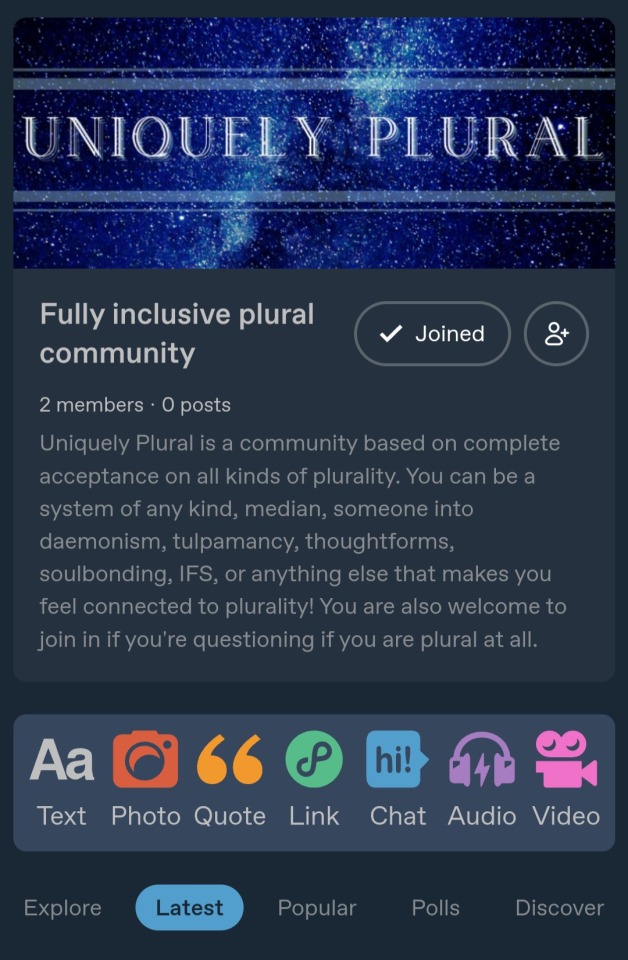
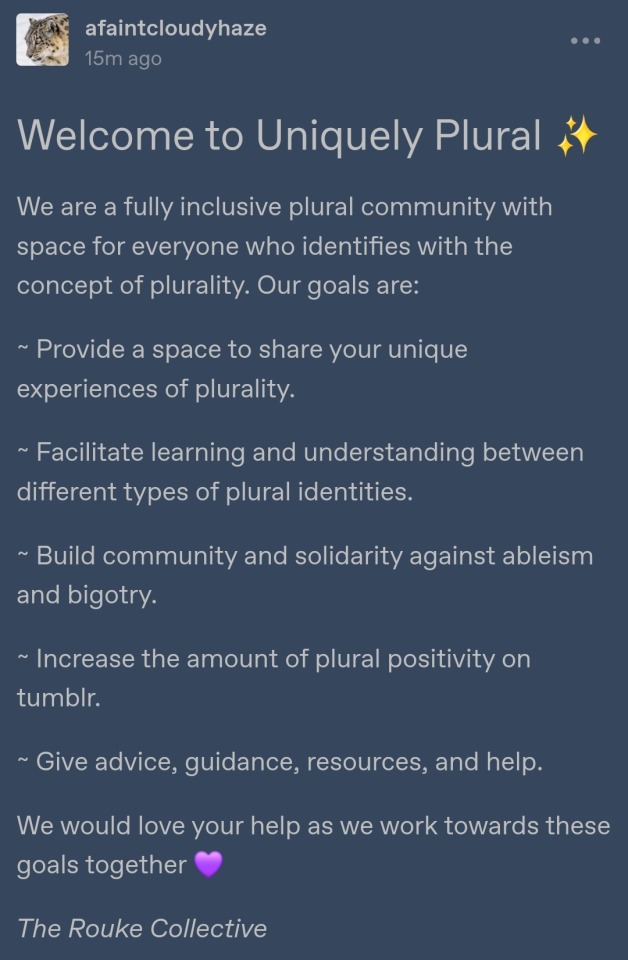
As a part of the new tumblr beta feature Communities, we've been approved for one of our very own - And I would love your help building this Fully Inclusive Plural Community with me! 💜
The infrastructure is still being developed, so there's some bugs and built in restrictions - We can only invite about 20 more people in right now, only main blogs, no sideblogs, sorry. This also means I'll be posting there from my main @afaintcloudyhaze :)
If you're interested in joining, please let me know in a reply to this post from your main blog. The only requirement is that you feel a connection to plurality and you want to contribute to the conversation about it.
#pluralgang#plural community#actually plural#Traumagenic system#endogenic system#endo safe#dissociative identity disorder#other specified dissociative disorder#tulpamancy#thoughtforms#soulbond#daemonism#internal family systems
95 notes
·
View notes
Text
I've been reading No Bad Parts, which is about internal family systems therapy, and immediately off the bat it is giving me better mental health advice than any other book, article, or healthcare worker ever has. highly recommend, especially if you currently or in the past dealt with self harm or overwhelming emotions
117 notes
·
View notes
Text
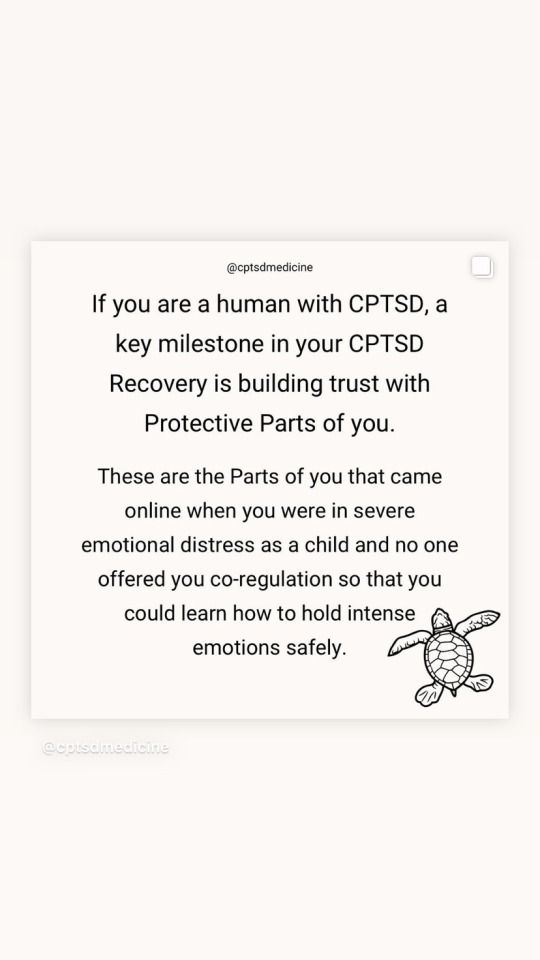
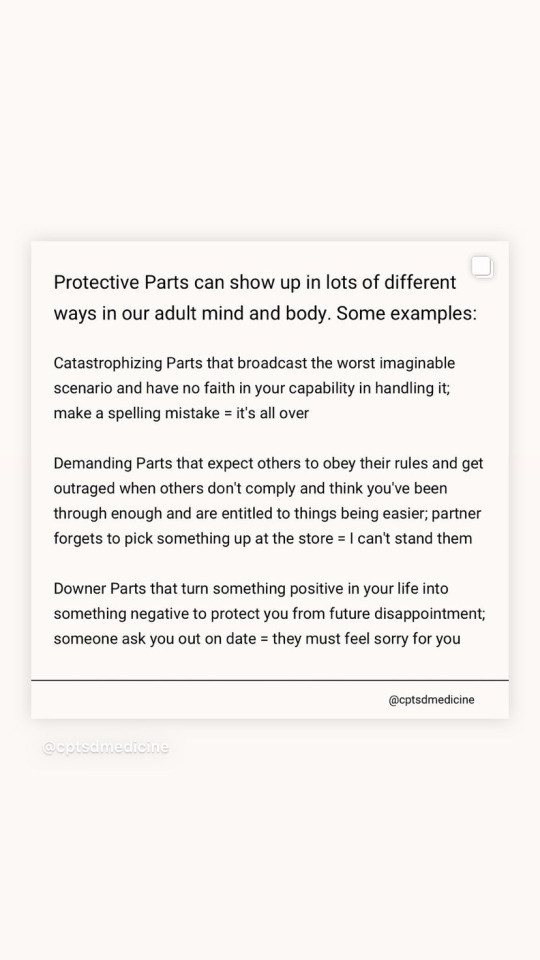
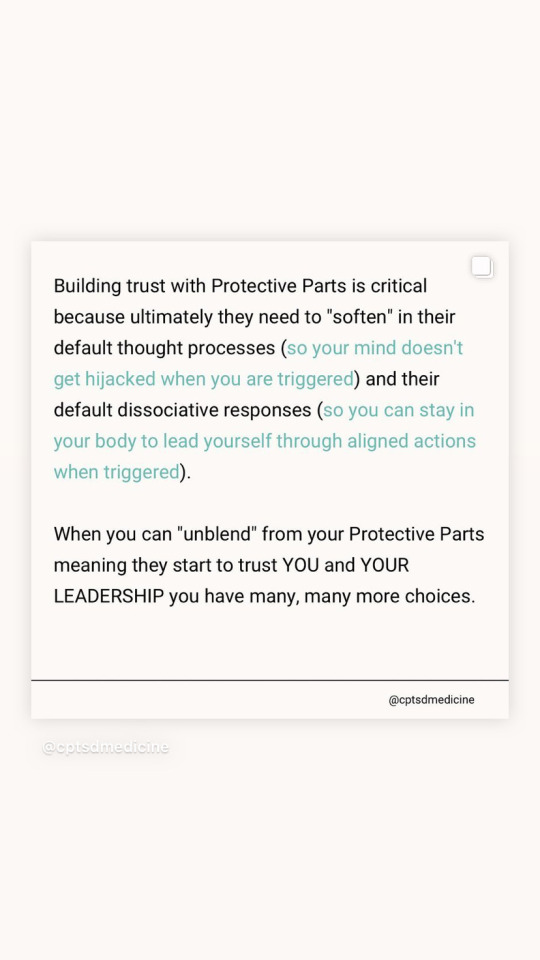
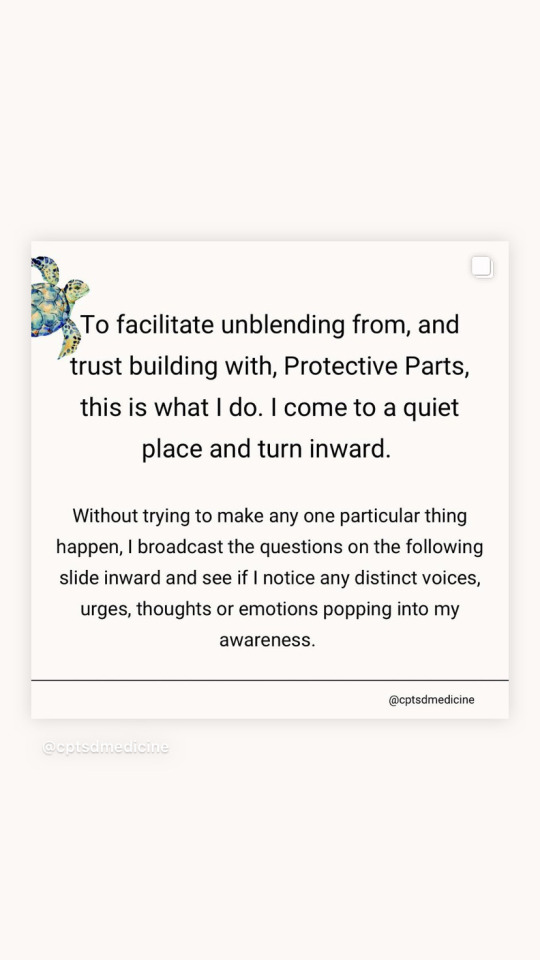
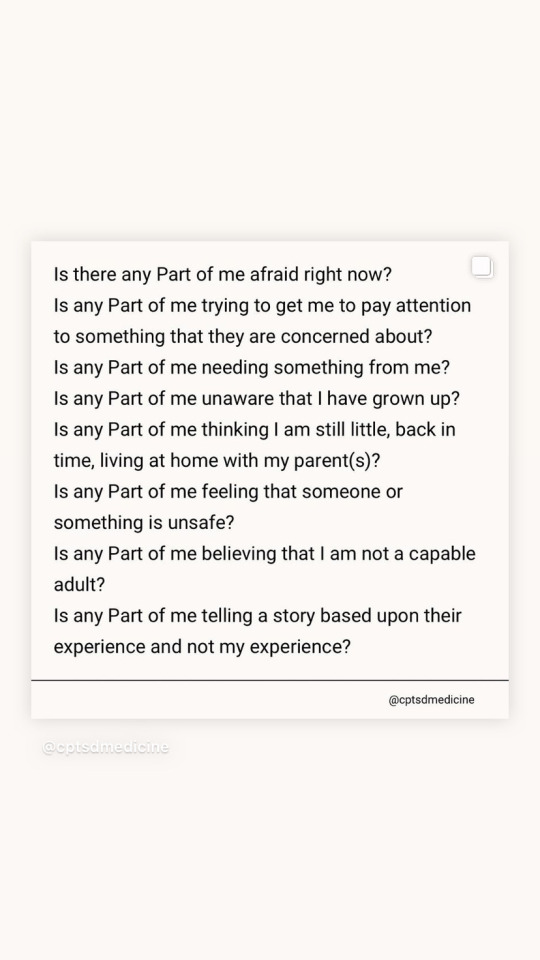
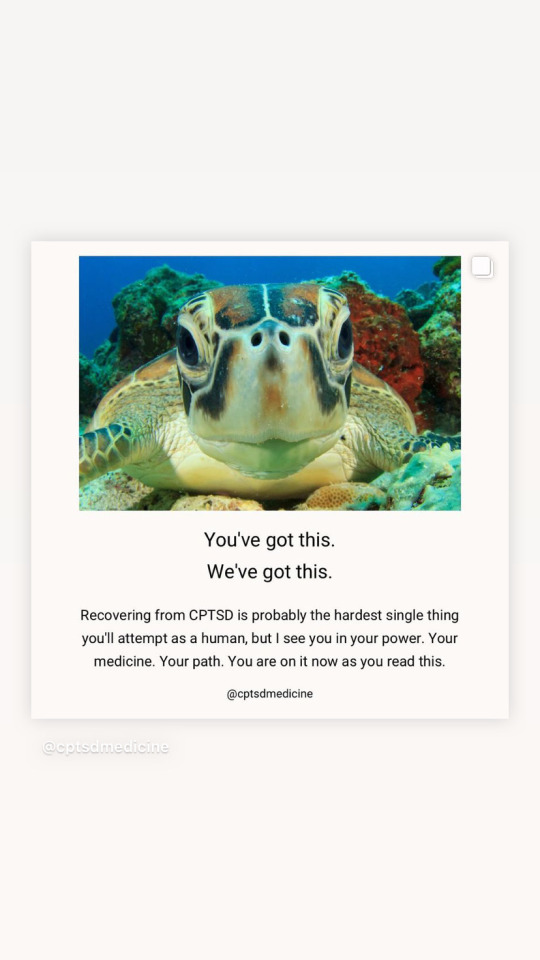
#parts work#reparenting#inner child healing#structural dissociation#internal family systems#healing from abuse#trauma healing#cptsd
283 notes
·
View notes
Text

One day I was sitting at my 6th grade class bored out of my mind, then I had the idea to play music in my head to pass the time. I haven't been able to turn it off since.
#selkra scribbles#my art#emotionsonas#inner world#paracosm#paraportal#paracosmonaut#worm#oc#oc character#oc ref sheet#oc reference#ref sheet#imaginary world#imaginary friend#creature design#creature#original character#character design#character reference#internal family systems
66 notes
·
View notes
Text
I call my parts/facets, 'personas'. My therapist said that's actually normal. She is even okay with me saying 'we' sometimes, too. She is okay with me naming them, too. If it is normal, why don't people talk about it more? Why don't people explore different parts of themselves more? It's perfectly fine to be Median, folks. Encourage it. Embrace it. I know it's hard sometimes to let certain parts have a voice, but we all should. They're all us. She also mentioned Internal Family Systems.
#median system#median#median plurality#actually median#median systems#median culture#median culture is#internal family systems#personas#persona#plurality#facets#facet
104 notes
·
View notes
Text
What is Internal Family Systems
And how is it different from DID?
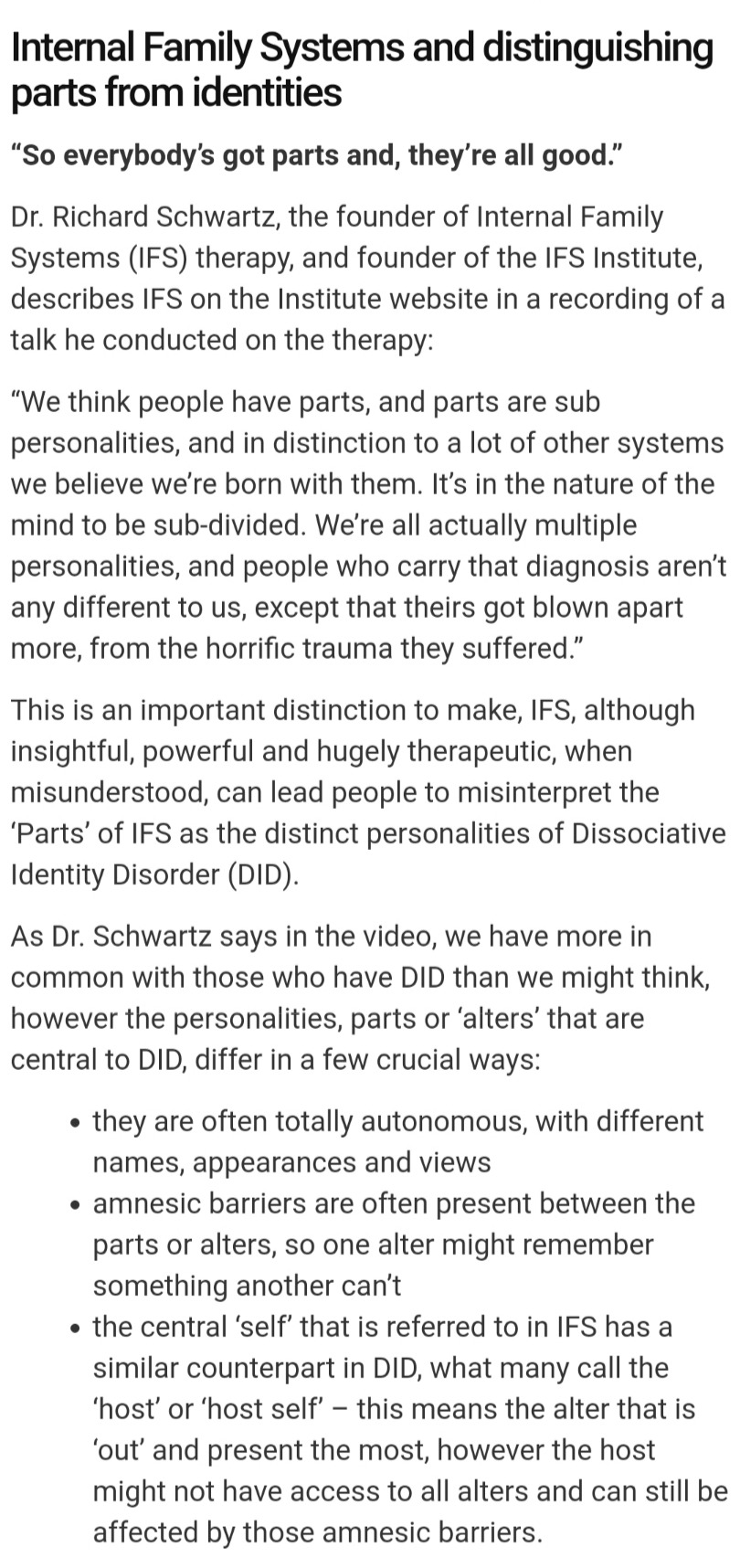
114 notes
·
View notes
Text
Parts work is challenging when your loudest part is avoidance
#avoidance#parts work#internal family systems#umbra is so loud this month#i have an appointment tonight and i want to cancel it so bad hahaha
31 notes
·
View notes
Text
The never-ending cycle of finally accepting that you’re a system only to question and think you are faking all within a few hours.
#median system#mediple system#osdd system#osddid#plural system#pluralism#plurality#internal family systems#osdd#questioning system
15 notes
·
View notes
Text
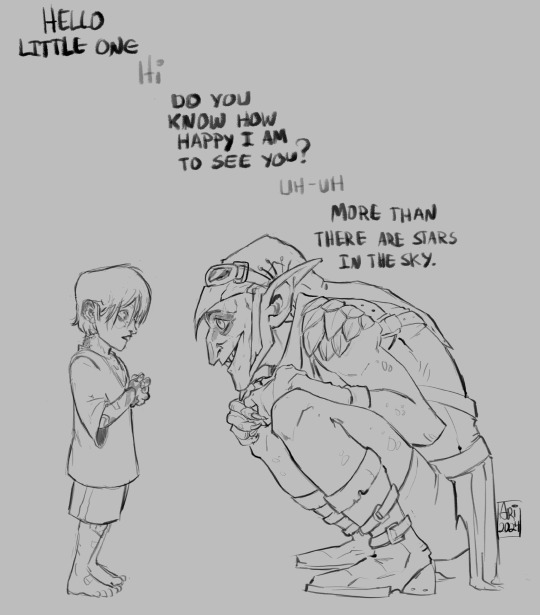
Innocence and Playfulness
“Vader said it’s safe to come out and play now.”
“It is. We have missed you.”
(IFS art. Little Theo is an exile who’s been recently reunited with his caretaker.)
Edit: forgot Norman’s scar.
#internal family systems#ifs#green goblin#norman osborn#ifs therapy#theodore haas#Theo#my art#ifs art#welcome home Theo. Norman has missed you dearly. try not to be mad at Vader. he was protecting you.
96 notes
·
View notes
Text
I find it hard when I see old pics/videos of me not because I think I was "cringe" but because I can see how vulnerable/trusting I was and see clearly now how the people around me were taking advantage of me and it infuriates my inner protector
#inner child healing#reparenting#structural dissociation#parts work#internal family systems#trauma#abuse
26 notes
·
View notes
Text
I need someone who understands both Internal Family Systems therapy and DID.
I met another counselor who uses IFS to treat DID, and she has... strong opinions on the "true self." She describes it as a state of being at peace, a part that is totally self-loving and accepting. So her treatment is working with different alters until the true self emerges. This part became a thing at the time of the first trauma experienced, and the job at that point is aging that part up and healing it. And... that fixes the DID? Supposedly?
Is this an accurate picture of how IFS is used to treat DID?
Cause if so, my interest in both this counselor and modality has dropped off a cliff. The way she said it was like every alter is a fake, and if they would just... get out of the way, we'd be healed. But since they wont, the only option is to make them get along.
I'm sure all my self doubt and emotional hurt will come up and consume me at some inconvenient point later.
65 notes
·
View notes
Text




#reparenting#inner child healing#trauma healing#parts work#structural dissociation#internal family systems
55 notes
·
View notes
Note
can you do like. median tulpamancy? like creating facets
I believe so.
I talk about this a bit in my Foundations post.
I call this Splintering, where you take an existing part of yourself and through tulpamancy-like practices, talk to it and treat it like its own person until you've dissociated from it enough that it becomes its own entity.
It's not that different fron Internal Family Systems therapy.
The only issue is that once that part is fully independent and self-aware, you can't control them. So even if they start as a facet, they may deviate into a full headmate.
Deviation should be taken into account before beginning any sort of tulpamancy.
#plural#plurality#tulpamancy#tulpa#endogenic#internal family systems#ifs#multiplicity#systems#system#plural system#endogenic system#pro endo#pro endogenic#endo safe#median system#median#facets#actually plural
24 notes
·
View notes
Note
we recently told our therapist about ourselves and we was quite understanding. She has a focus on trauma reprocessing so I think she has a background in this in some way.
Anyway, she sent us some information on Internal Family Systems. it was out first time hearing about this and as a general framework this makes a fair amount of sense for us.
We brought it up to our partner system who shared reservations about IFS and after reading more about it, we see where they're coming from.
Have you encountered IFS before? If so, is there any literature you've that you recommend? We're generally curious for the opinions of other systems, as we see the value in it as a framework for understanding ourselves and also the problems with it for what feels like reducing the experiences of other systems, particularly those with DID/OSDD.
hey, we have a little bit of experience with ifs through therapy and reading about it online. online, we have seen how it has been used in the past to dismiss and discredit dissociative disorders (some say that the parts mentioned through ifs disprove did systems being parts themselves). we have also seen it used to prove and affirm plurality, even plurality without trauma (some say that the parts that make them up through ifs do in fact make them plural).
our own host (hi) greatly benefits from ifs, and has been trying to understand the different parts of himself (not parts as in headmates, but parts as in parts through the ifs model) in order to show himself more kindness and self compassion. treating the different aspects of himself as separate individuals in need of care and attention has really been helping him, and we’re trying to support him in this however we can. we hope to be able to share this mindset with some other members in our system who similarly struggle with self hatred.
we think that recognizing each individual alter as their own multi-faceted person, each made up of their own parts with wants, needs, and desires, has really helped to humanize those of us in our system who were so dehumanized in our youth. each alter, each part, is complex and is capable of having their own parts that come together and make them up. does that make sense?
as far as literature, most of what we know about ifs we’ve learned through therapy. however, we currently have the book no bad parts: healing trauma and restoring wholeness with the internal family systems model (<- amazon link) on our reading list. we haven’t read it yet, so we can’t say for sure how helpful it is, but it looks like it’s going to be a good read.
we don’t believe that there’s any framework or model of viewing the self out there which is 100% good or 100% bad. not everyone is going to get something out of the ifs model, and that’s okay. if you find that ifs works for you, and that each member of your system coming to understand their own parts helps them heal and become better people, then awesome, you should definitely use it! if you find your system feels dismissed or demeaned by the ifs model, you shouldn’t be required to use it at all. not every framework is going to work for every person all the time, and that’s okay. heck, for systems, not every headmate may benefit from the same frameworks that the rest of their system uses, and that’s okay too!
sorry if this response seems frazzled or all over the place. we had completely finished responding when tumblr crashed, so we had to try and rewrite this from memory (oops). we hope that y’all can learn and grow together, with or without the ifs model. if you choose to not use it in your recovery process, hopefully your therapist will be understanding. wishing y’all the very best.
🐢 kip and 💫 parker
20 notes
·
View notes
Text
i always thought it was a metaphor when one said “something died in me that day”, but i get it now. something in me (the part of me that makes the leap of faith to build a connection with someone) did die that day. it’s gone, maybe in hiding, maybe scared somewhere, but not on it’s post doing it’s job. to help me be brave and connect and connect with people. what is left is my raw fear, and nothing to help me through the situation.
#avoidant ramblings#i know this is incoherent#but i don’t know how else to explain it#internal family systems#ifs
12 notes
·
View notes